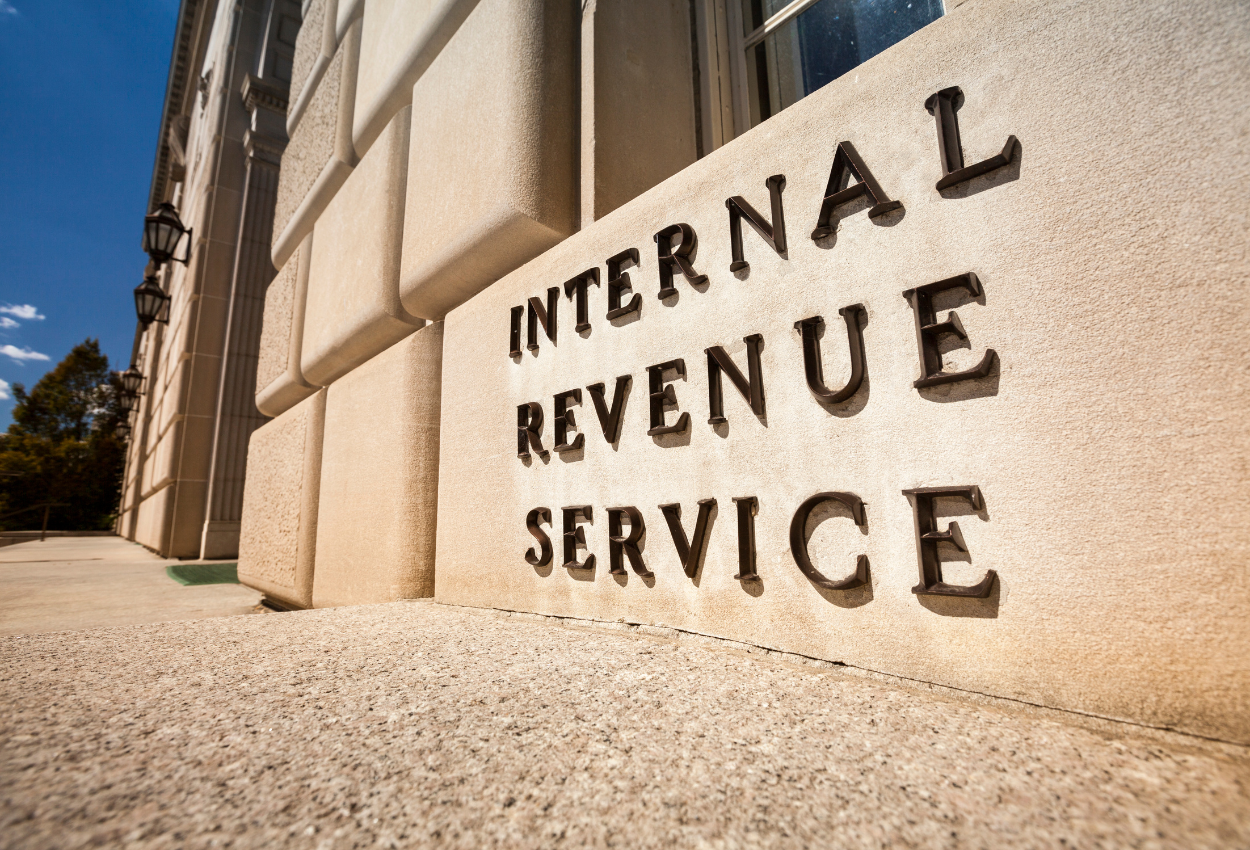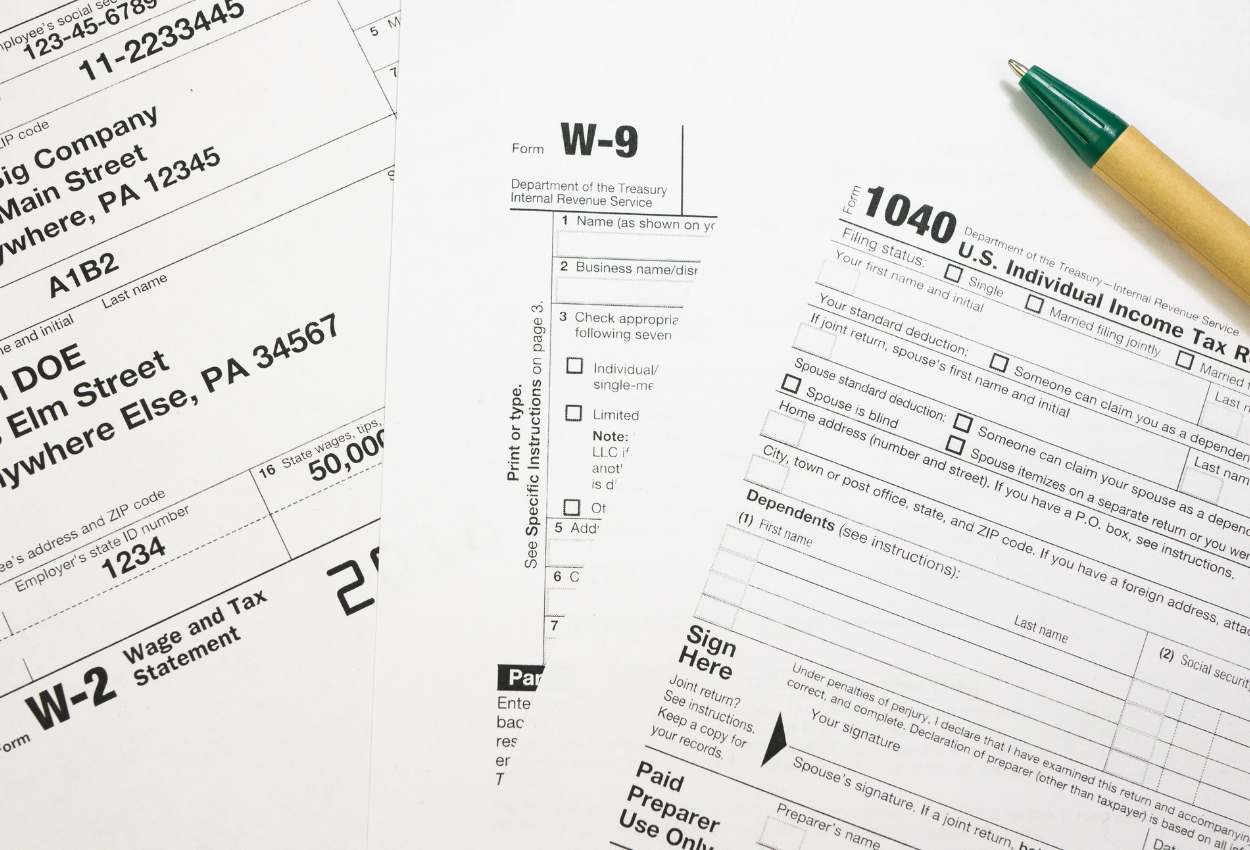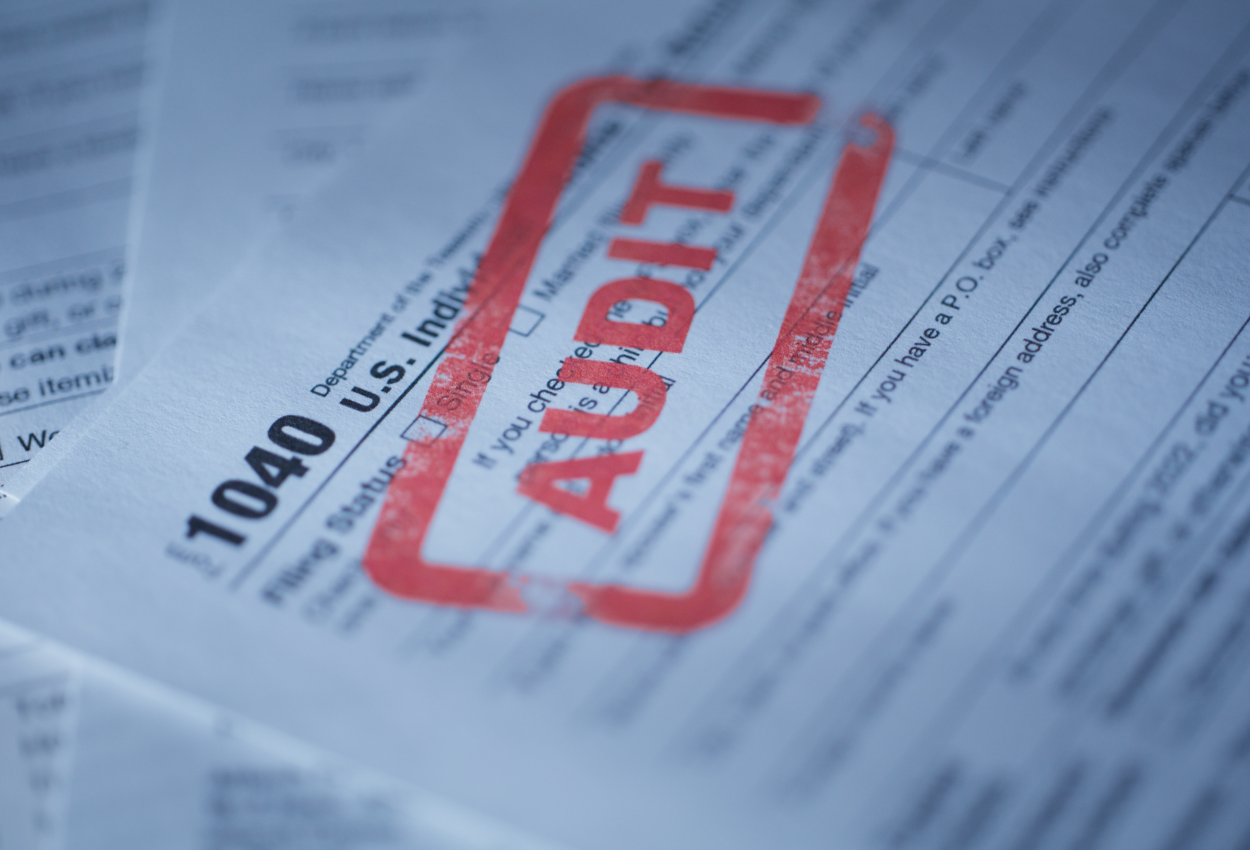One of the worst fears of any taxpayer is to receive a notice from the IRS that they are being audited. But having an audit done doesn’t necessarily mean you did something wrong. Plus, only a fraction of taxpayers are chosen for audits each year. For example, in 2022, the IRS audited about four income tax returns out of 1,000.
That said, if you do receive an audit notification, you can take several essential steps to ensure that your audit goes smoothly. The best thing you can do is understand the process and take proactive steps to prepare.
Here is what to do if the IRS audits you.
What Happens When You Get Audited by the IRS?
First things first, don’t panic! It is vital that you understand the audit process and prepare for it.
The most common type of IRS audit is a “correspondence audit,” which means most of the process is done via mail. The IRS will send you a letter detailing why they are auditing you, and you must respond within the time frame specified in the letter.
You may need to provide additional documentation or information to support your tax returns. In addition, the IRS can audit your tax returns for up to multiple years, so be sure to keep records of your tax returns from prior years.
Once you have responded to the audit letter, the IRS will review your response and any additional documentation you provided. They may then send you a letter with their findings or contact you for further information.

How to Prepare For an IRS Audit?
Once you have received your audit notification, the best thing you can do is gather the documentation and information you need to support your tax returns.
This may include:
- Bank statements
- W-2 or 1099 forms
- Receipts for any deductions claimed
- Deeds, titles, or other documents related to property transactions
- Financial records from prior years
You also may want to consider hiring a professional CPA to help with the process. A qualified accountant can advise you on how best to prepare for an audit and provide representation in case of a dispute.
How to Appeal an IRS Audit?
If you disagree with the findings of your audit, you can file an appeal directly with the Office of Appeals. You must submit your appeal within the timeframe specified in the audit letter and provide any additional documentation to support your position.
In your appeal, you can represent yourself or have a tax lawyer or accountant represent you. Once your request is received, the Office of Appeals will review your case and inform you of their decision.
How to Survive an IRS Audit: Other Considerations
The thought of being audited by the IRS can be very anxiety-inducing. You can get through an audit quickly with proper preparation and understanding of the process. Here are some other considerations to keep in mind:
1. An IRS audit is not necessarily a sign that you did something wrong.
Remember that when you’re being audited, it’s not an accusation of a crime. The IRS is just verifying the accuracy of your return. You must show supporting documentation for your income and any deductions or credits you claimed.
Here’s another important note to consider. Generally, the IRS will only complete an audit within three years of when you filed your return unless they suspect fraud or a substantial underpayment of taxes.
2. Some individuals may be at a higher risk of being audited.
Specific individuals may be at a higher risk of audit than others, such as those who are self-employed or take a high amount of itemized deductions.
Additionally, if you run your own business, you may be more likely to be audited since the IRS will want to verify that your income and expenses are accurately reported.
Some other red flags that may cause the IRS to audit you include:
- A return with income that doesn’t match what was reported on W-2s or 1099s.
- A return with required missing schedules or attachments.
- A return with a high amount of charitable donations or other deductions that are out of the ordinary for an individual in your income bracket.
- A return with many deductions, like rental property loss and alimony deductions.

3. There are three types of IRS audits.
You should be aware that there are three types of IRS audits. First, a correspondence audit is done by mail, in which you will receive a letter from the IRS asking for more information or documentation.
An office audit requires an appointment at your local IRS service center to discuss and review your records.
And a field audit involves an IRS agent visiting your home or business to review documents and ask questions about your return. It may be possible for a field agent to see your representative instead.
4. Keep yourself informed and organized.
The best way to survive an audit is to remain organized and informed throughout the process. This means staying in contact with the IRS and providing them with any requested documents promptly.
Keeping copies of all forms and other documentation you provide to the IRS is also important. This will help make sure everything is preserved during the audit process.
Additionally, if you need additional assistance or have questions about an audit, consider seeking the advice of a qualified tax professional.
The thought of an IRS audit can be intimidating, but with proper preparation and understanding, it doesn’t have to be. By remaining organized and informed throughout the process, you can successfully navigate any audit that comes your way.
5. Know your rights.
Finally, it’s important to remember that you have rights during the audit process. You are allowed to appeal any decision made by the IRS. You also have a right to an explanation of the audit process and the right to representation.
And, as always, once the auditor gives you your examination report, ask questions and ensure you have a solid understanding of what’s going on.

File Your Taxes Accurately With Bennett CPA
An IRS audit is not something to take lightly. However, with the proper preparation and understanding of the process, you can avoid stress and anxiety. Remember to stay organized, informed, and aware of your rights during any audit. With these considerations in mind, you’ll be better equipped to navigate any audit that comes your way.
At Bennett CPA, Merrill Bennett is a certified public accountant in Colorado Springs who specializes in preparing accurate tax returns. We understand the importance of filing taxes correctly and are here to help you every step of the way. Contact us today to learn more about tax services and how Bennett can help you file your taxes accurately to avoid an IRS audit.





